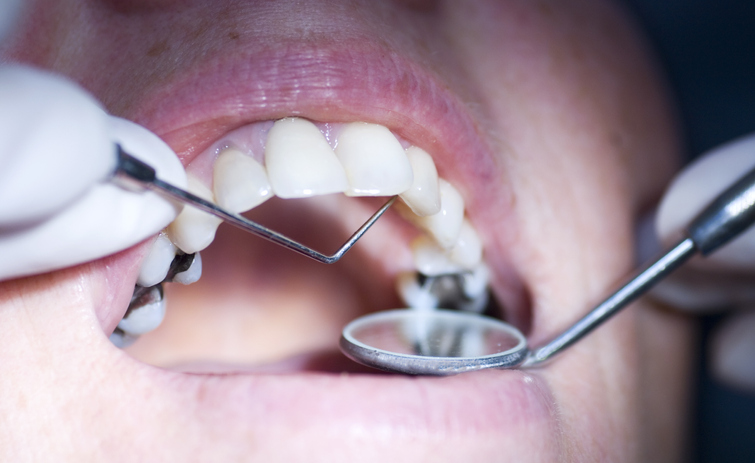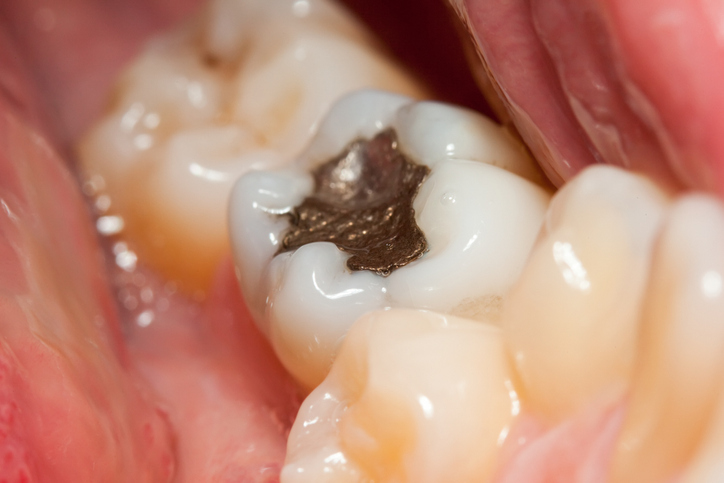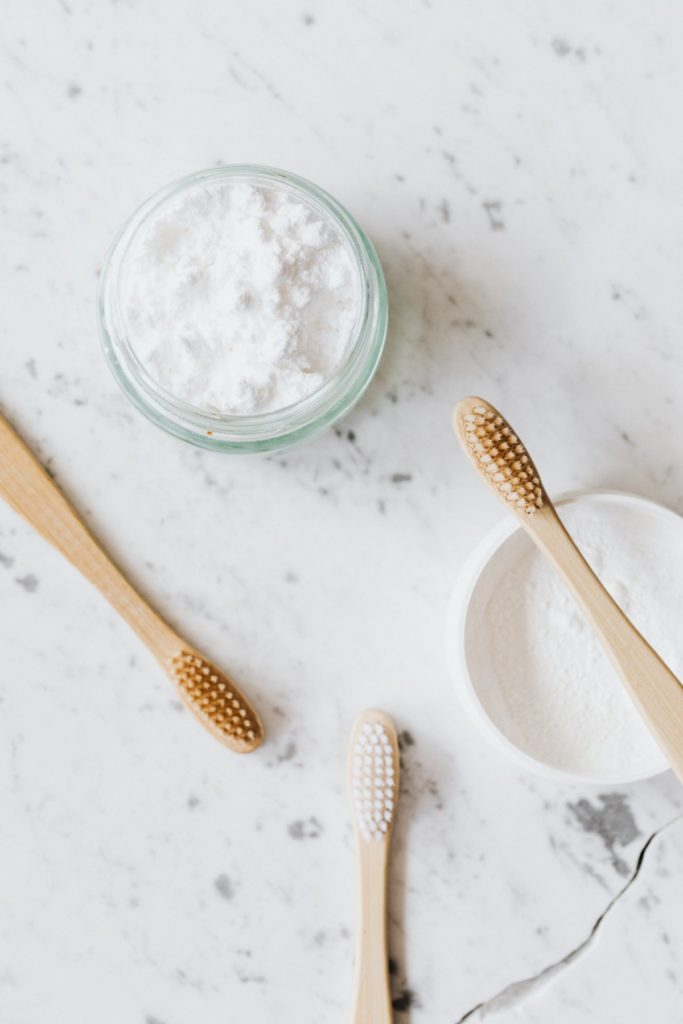One of the most common dental problems our patients encounter is tooth decay. Tooth decay is a process that can start small but eventually cause big problems if left untreated. This article will provide you with a comprehensive guide to understanding cavities, their causes, symptoms, prevention, and treatment options.

Applewood Dentalcare in Innisfil, Ontario, welcomes patients to visit our clinic for dental care. And make sure to keep up to date with our blog for regular information and tips on dental health!
Causes of Tooth Decay

Cavities occur when the natural bacteria in the mouth produce acid that eats away at the enamel, the outer layer of teeth. There are several factors that contribute to tooth decay, including poor oral hygiene, high sugar and carbohydrate intake, dry mouth, acidic foods and drinks, and genetics. When these factors are combined, they create an environment that promotes the growth of bacteria that cause tooth decay.
Signs and Symptoms of Tooth Decay
The symptoms of tooth decay vary depending on the severity of the problem. Common signs and symptoms of tooth decay include sensitivity to hot and cold temperatures, pain while chewing, visible holes or pits in teeth, and bad breath. It is important to catch cavities early before it progresses and causes more severe dental problems.
How to Prevent Tooth Decay

Preventing tooth decay is simple and involves basic oral hygiene practices such as regular brushing and flossing, limiting sugary and acidic foods and drinks, drinking plenty of water, using fluoride toothpaste and mouthwash, and chewing sugar-free gum. These habits help to remove bacteria and food particles that can contribute to cavities.
Treatment for Tooth Decay
If tooth decay is detected, there are several treatment options available. The most common treatment for tooth decay is a filling, which involves removing the decayed portion of the tooth and filling it with a composite material. For more severe cases of cavities, a crown or a root canal may be necessary.

These treatments involve removing the decayed portion of the tooth and replacing it with a crown or removing the nerve and pulp of the tooth. Make sure to take a look at the complete list of services available at Applewood Dental here!
Natural Remedies for Tooth Decay
While in-office treatments are often the most effective option for treating tooth decay, there are some natural remedies and over-the-counter products that can help prevent or slow down the progression of decay. It’s important to note, however, that these remedies are not a substitute for regular dental care and are not as effective as professional treatments.
One of the best natural remedies for tooth decay is Xylitol. It’s a sugar substitute that has been shown to reduce the number of harmful bacteria in the mouth and promote healthy teeth. Xylitol is available in gum, mints, and other forms and can be used in place of sugar in baking and cooking. Try switching your sugary snacks for things with this healthier substitute!
Another natural remedy for cavities is oil pulling, a traditional Indian remedy that involves swishing oil (usually coconut or sesame oil) around the mouth for several minutes. Oil pulling has been shown to reduce harmful bacteria in the mouth and improve oral hygiene.
At-Home Treatments
In addition to these natural remedies, there are also some over-the-counter products that can help prevent tooth decay. The best toothpaste to use to prevent tooth decay is one that contains fluoride. Fluoride is a mineral that helps strengthen tooth enamel and makes it more resistant to decay. Look for toothpaste with at least 1,000 parts per million of fluoride.

Other over-the-counter products that can help prevent tooth decay include mouthwash and dental floss. Mouthwash can help kill bacteria and freshen breath, while flossing removes food particles and plaque from between teeth.
While natural remedies and over-the-counter products can be helpful in preventing cavities, they are not a substitute for regular dental care. It’s important to maintain good oral hygiene habits and visit a dentist regularly for cleanings and check-ups. So, if you suspect you have tooth decay, seek professional treatment as soon as possible to prevent the decay from getting worse!
Summary
Tooth decay is a common dental problem caused by a build-up of bacteria in the mouth that produces acid. The acid eats away at the tooth enamel, causing cavities and eventually leading to more serious oral health issues. Here’s a quick summary of the signs and causes of tooth decay:
Signs:
- Sensitivity to hot and cold temperatures
- Pain while chewing
- Visible holes or pits in teeth
- Bad breath
Causes:
- Poor oral hygiene
- High sugar and carbohydrate intake
- Dry mouth
- Acidic foods and drinks
- Genetics
It’s important to catch tooth decay early to prevent further damage and more extensive treatments. Regular brushing and flossing, limiting sugary and acidic foods and drinks, drinking plenty of water, using fluoride toothpaste and mouthwash, and chewing sugar-free gum are effective ways to prevent tooth decay. While natural remedies can help, they are not as effective as in-office treatments.
Restoration Dentistry at Applewood Dental
Tooth decay is a common dental problem that can lead to more severe dental issues if left untreated. Preventing cavities is simple! It involves maintaining good oral hygiene practices such as regular brushing and flossing, limiting sugary and acidic foods and drinks, and scheduling regular dental check-ups. At Applewood Dentalcare, we prioritize the dental health of our patients and are committed to providing top-quality dental care.

We offer a variety of services to help you maintain good oral health and prevent cavities. Our experienced team of dental professionals can provide regular check-ups, cleanings, and treatment options to address any oral health issues you may have. Contact us today at 705-436-5777 to schedule an appointment and take the first step toward a healthy smile!
